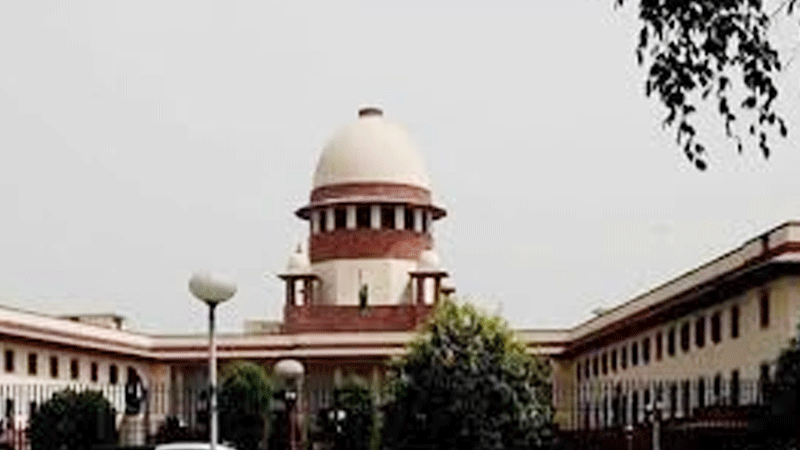On January 2 a five-judge Constitution bench of the Supreme Court endorsed the validity of the Modi government’s November 2016 decision to demonetise Rs 500 and Rs 1,000 currency notes. The top court upholding the government’s decision dismissed the petitions against demonetization.
The Supreme Court ruled that the Centre’s notification dated November 8, 2016, is valid and meets the proportionality test. Prior to the November 8 notification issued under Section 26(2) of the RBI (Reserve Bank Of India) Act, the RBI and the Centre had been in consultation for six months. The statutory procedure under Section 26(2) of the RBI Act was not violated merely because the Centre had taken the initiative to “advice” the Central Board to consider recommending demonetisation.
The government was empowered under the provision to demonetise “all series” of banknotes. The court said such measures undisputedly are required to be taken with utmost confidentiality and speed. If the news of such a measure is leaked out, it is difficult to imagine how disastrous the consequences would be. Demonetisation was done for the proper purposes of eliminating fake currency, black money and terror financing.
On 8 th November 2016, the government announced that the largest denomination of Rs 500 and Rs 1000 were demonetised with immediate effect ceasing to be a legal tender. Objectives of Demonetisation was to discourage the use of high-denomination notes for illegal transactions and thus curb the widespread use of black money. To encourage digitisation of commercial transactions, formalise the economy and so, boost government tax revenues.
The formalisation of the economy means bringing companies under the regulatory regime of government and subject to laws related to manufacturing and income tax.
With the Supreme Court’s majority decision upholding the 2016 demonetisation exercise, the BJP demanded an apology from the Congress, specifically Rahul Gandhi, for the opposition party’s “ugly campaign” against the government move.
The BJP also rebuked senior Congress leader and former finance minister P Chidambaram for his “uncharitable” comments on the Supreme Court’s decision.
“It is a historic decision and is in national interest. The court said the government has the right to make policy decisions,” senior BJP leader Shri Ravi Shankar Prasad told a press conference at the party headquarters in Delhi.
“Even the judge (Justice BV Nagarathna) who dissented said the policy was (made) with good intention,” Shri Prasad added and asked if Rahul would now “say sorry” to the nation. Claiming that demonetisation was done “to control fake currency and contain terrorist funding and black marketing”, Shri Prasad said the move was successful in achieving its objectives and dealt the “biggest blow” to terrorism. “The court has rejected the argument that the RBI was not consulted. In sum and substance, the court in its majority judgment found the entire decision making process fair and reasonable,” Shri Prasad added.
Demonetization was an efficient and effective move to boldly counter the threat of black money and parallel economy (illegal economy, such as money laundering, smuggling, and so on) with visible impact on how the government’s policies are perceived in international economic power circles.
This move by the government gained greater significance for a globally connected India because it demonstrated boldness in addressing an issue that has remained a thorn in this generation’s growth success story.


